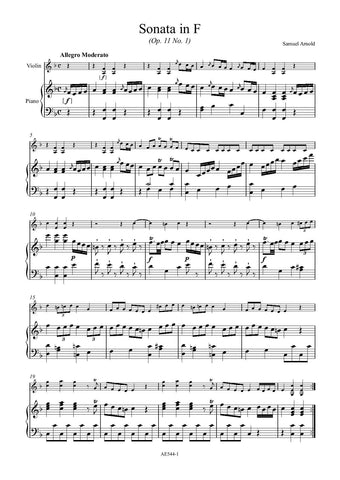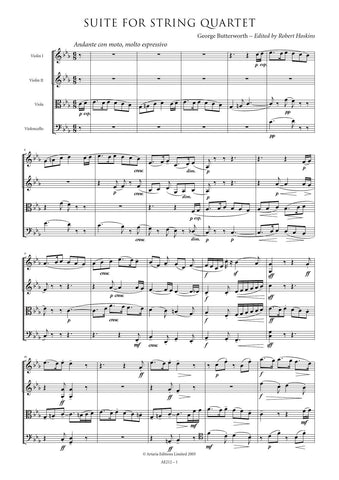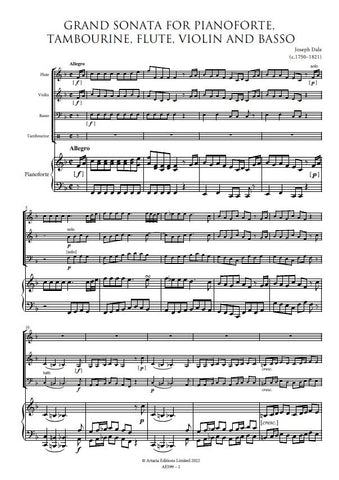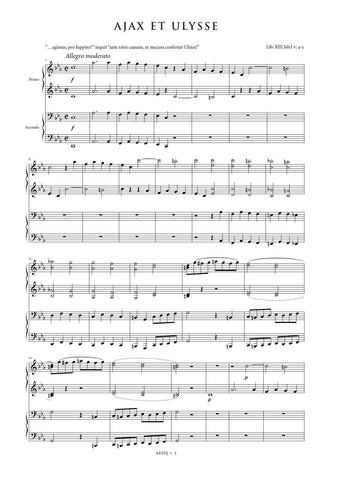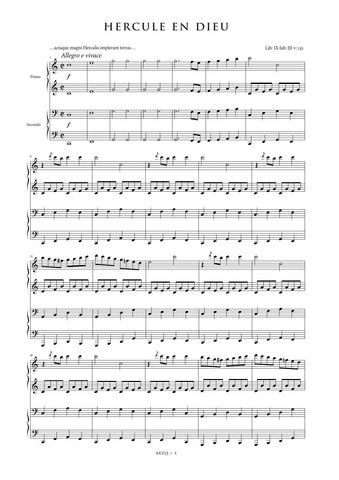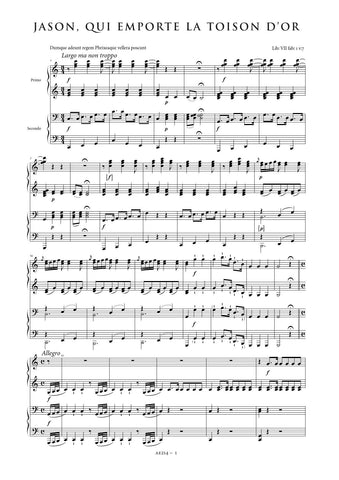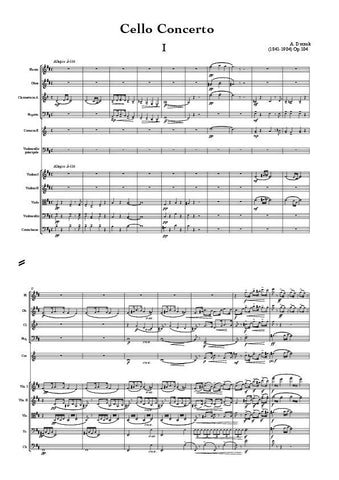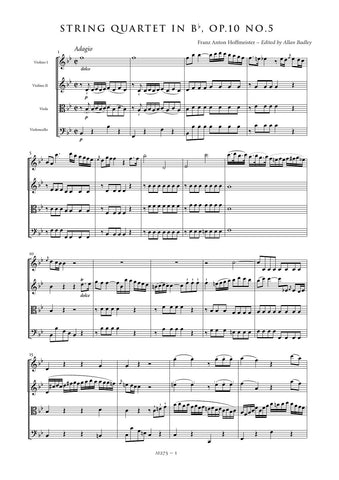Description |
Ries, Ferdinand (1784-1838)
|
||||||||||||||||||
Details |
The Piano Trio in C minor Op.143 was published by Schott in 1826, but could have been composed much earlier for Ries's personal use in the London concert halls. It is an imposing work, whose gruff tone and serious purpose recall Beethoven's use of this key. The first movement is an impressive sonata-form movement extending to a length of almost 250 bars. It contains two strikingly contrasted themes, one aggressively assertive, the other of a more lyrical, tender character (parallels to Beethoven's thematic tendencies in sonata-form movements are once again clearly apparent). The Adagio movement, cast in the rich colours of A flat major (the tonic minor - flat submediant major key relationship recalls Beethoven once again) contains some moments of real beauty and musical insight. The piano is often centrestage, its florid lines and ornamental flourishes reminiscent of another of Ries's contemporaries, Hummel. The technique of connected second and third movements seen in this work is not new but was a trend established in the piano trio genre by Joseph Haydn in the 1780s and 90s. The oasis of calm and tranquillity created in the Adagio is shattered dramatically by the jagged arpeggio figure which launches the finale. This extremely fast movement - the metronome marking indicates that the music should be felt in two, not in four - is characterised by the tarantella topos. It is a tremendously exciting movement, whose swirling energy and frantic pace is only reined in at the final cadence. The present edition reproduces as faithfully as possible the text of the trio as transmitted in Schott's 1826 edition of the work, a copy of which is preserved in the Staatsbibliothek in Berlin. The metronome markings at the head of each movement derive from this source. The piano compass extends from E flat 1 to a flat 4, a range of just over six octaves. Pedal markings indicated in the source have not been included in the current edition since these are generally very instrument-dependent. Minor rhythmic inconsistences between different statements of the same theme have been retained (e.g. first movement, second subject, bb.51-52, cello and 188-89, violin), as have some differences in phrasing between successive thematic statements (cf. finale, piano bb.3-6 and violin bb.18-21). The style and notation of articulation and dynamic markings have been standardised throughout, and, where missing from the print, markings have been reconstructed from parallel passages. These are indicated by the use of dotted slurs or brackets where appropriate. Obvious wrong notes have been corrected without comment, and editorial emendations with no authority from the print are placed within brackets. Dianne James |
Loading...
Error






